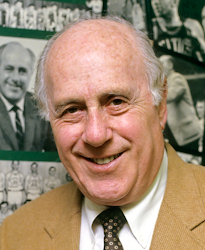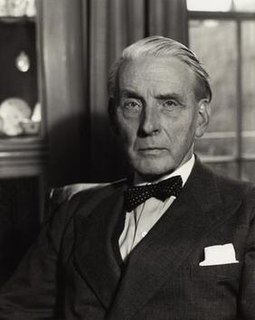A Quote by Percy Bysshe Shelley
Teas, Where small talk dies in agonies.
Quote Topics
Related Quotes
The diabolical thing about melancholy is not that it makes you ill but that it makes you conceited and shortsighted; yes almost arrogant. You lapse into bad taste, thinking of yourself as Heine's Atlas, whose shoulders support all the world's puzzles and agonies, as if thousands, lost in the same maze, did not endure the same agonies.
It's not that there is no small talk...It's that it comes not at the beginning of conversations but at the end...Sensitive people...'enjoy small talk only after they've gone deep' says Strickland. 'When sensitive people are in environments that nurture their authenticity, they laugh and chitchat just as much as anyone else.
It is not by great acts but by small failures that freedom dies. The sense of justice dies slowly in a people. They grow used to the unthinkable, and sometimes they may look back and even wonder when things changed. They will not find a day or a time or a place. Justice and liberty die quietly, because men first learn to ignore injustice and then no longer recognize it.







































